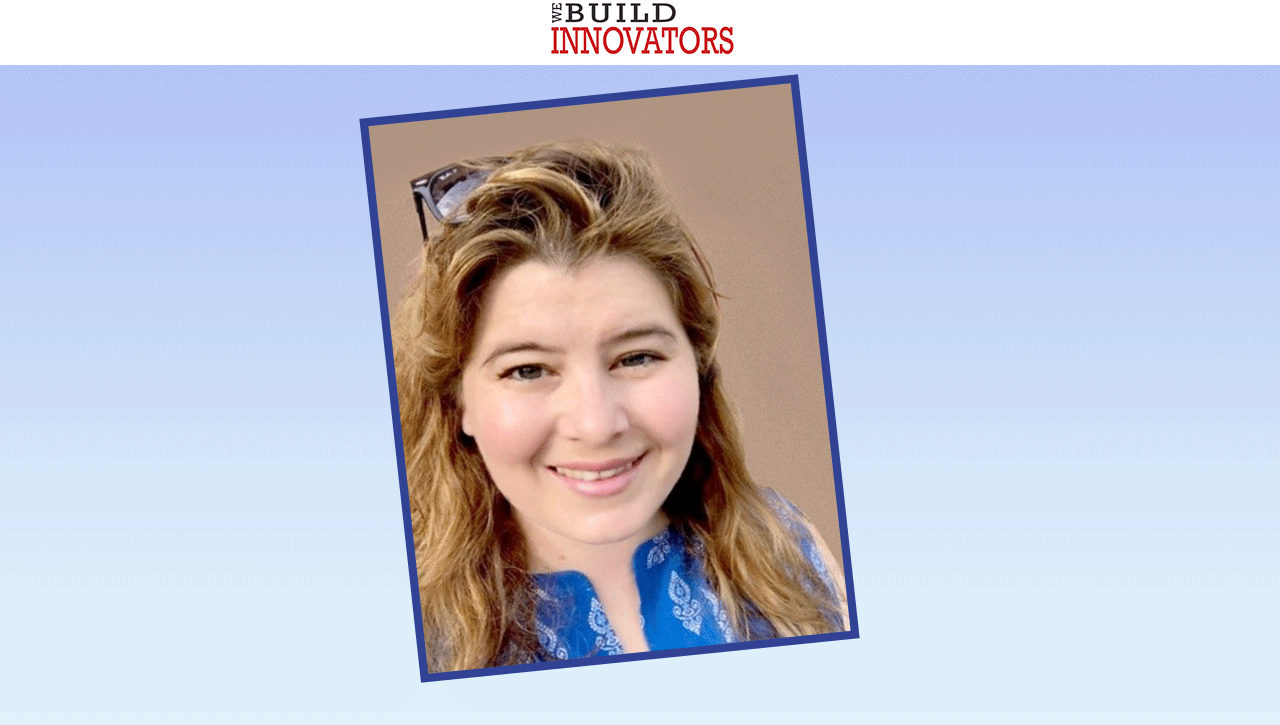Women in Research
Texas Tech University Spanish assistant professor Raychel Vasseur tells female students who are interested in an academic career to be aware of and prepared for the very real challenges that female academics face, to set boundaries, and to value their time.
Spanish Assistant Professor Raychel Vasseur
During March, Texas Tech celebrates women faculty who exemplify excellence in research, scholarship, creative activity, teaching, and mentoring.
3.17.2020
Raychel Vasseur is an assistant professor in the Department of Classical & Modern Languages & Literatures (CMLL). Vasseur's research interests include study abroad as a context for L2 (second language) learning, L2 willingness to communicate, the development of intercultural (communicative) competence, and L2 oral proficiency development.
In the question-and-answer session that follows, Vasseur describes her work more fully.
What inspired you to work in your field/area of expertise?
I started teaching Spanish in the first semester of my MA program in Spanish language and pedagogy at the University of Delaware. I knew very little about language teaching, and I was still very much a Spanish language learner despite my undergraduate Spanish major and five months of study abroad.
My first semester of teaching fortunately coincided with my first Second Language Teaching Methods course, which provided me the space to reflect on my experiences as a language teacher and a language learner. It was the combination of the students in my beginning Spanish courses and my second language pedagogy professors who inspired me to continue to study second language acquisition.
My research on study abroad started with my own experiences studying abroad during my undergraduate and master's programs. When as a doctoral student I had the opportunity to read the research on language learning and the development of intercultural communicative competence during study abroad, I started to make connections between my experiences and what I was reading. That sparked my interest in this field and my desire to conduct my own research.
Who inspired you to pursue academia?
When dreams of medical school came crashing down (I didn't study enough in Organic Chemistry), I got some good advice from an Honors College advisor. I was interested in working with students in higher education; the advisor suggested that rather than graduate work in higher education, I should consider getting a Ph.D. in an area I was interested in.
A combination of my interest in Spanish and the discovery that I could be paid on-the-job training as a Spanish teaching assistant put me on a path that turned out to be perfect. ... (and) I started to believe I could become a scholar. Before this I doubted I was good enough to continue past a master's degree.
Shortly thereafter I met the person who would become my Ph.D. advisor. She inspired me time and time again, instilling the value not only of scholarship, but also of being a whole person during graduate school and now as a faculty member. She modeled the importance of taking a strong position when needed, and of compromising when that was better. I try to model her example since she was, and still is, my inspiration.
What would you tell your female students interested in pursuing an academic career?
- Find a mentor or two, both inside and outside your department.
- Females are being awarded Ph.D.s at a higher rate than ever (higher than men) but are awarded tenure track jobs, tenure, and jobs in administration at much lower rates. You will face many challenges in establishing yourself in academia. It's better to be aware of this and prepare for them in advance.
- Take care of your mental and physical health throughout the process.
- Cultivate friendships and relationships inside and outside of academia.
- When you get requests that your male colleague might not get (e.g., raise a final grade, make coffee for a department event), ask yourself (or perhaps even ask the individual) "Would you be asking me to do this if I were a man?" and respond accordingly.
- Females do a large majority of the service and emotional labor in their work groups. Be aware of this, and learn to set boundaries even if it feels unnatural or uncomfortable to do so.
- Protect your time. Remember that your time is just as important as that of the person who is asking you to give some of it up.
College of Arts & Sciences
-
Address
Texas Tech University, Box 41034, Lubbock, TX 79409-1034 -
Phone
806.742.3831 -
Email
arts-and-sciences@ttu.edu

